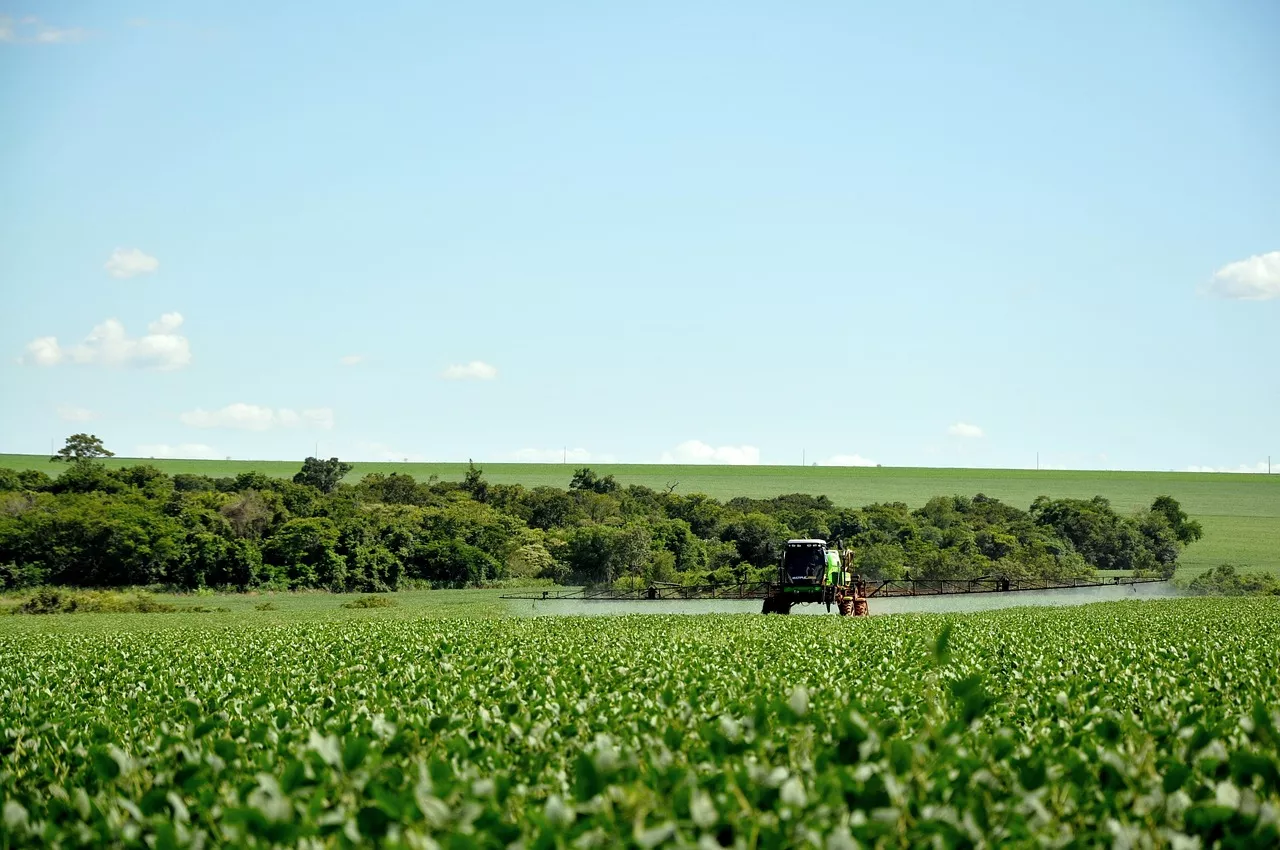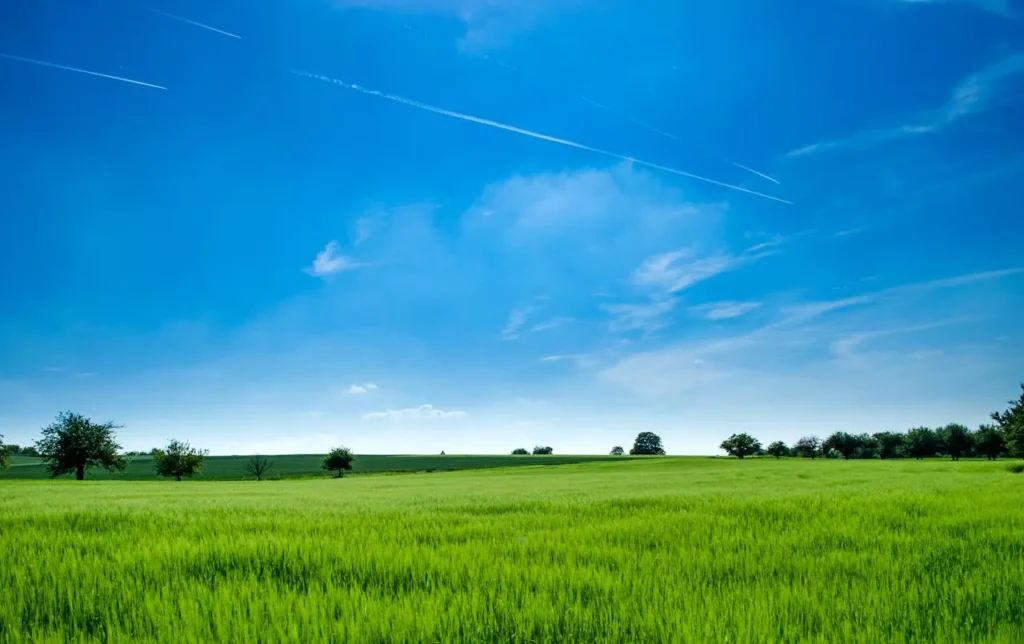
FoodChain ID and IDFL have announced a landmark global partnership designed to enhance transparency, traceability, and sustainability across the textile supply chain—from farms and fields to finished garments. This collaboration brings together FoodChain ID’s deep expertise in agricultural certifications with IDFL’s internationally recognized leadership in textile testing, auditing, and certification. Together, the two organizations aim to provide a seamless, credible, and integrated certification pathway for brands striving to demonstrate environmental responsibility and ethical sourcing in every stage of their textile production.
At its core, the partnership is built on a shared vision: to help textile and apparel brands verify regenerative agricultural practices alongside comprehensive standards for social accountability, animal welfare, chemical safety, and environmental performance. As consumer awareness around sustainability intensifies and regulatory expectations increase worldwide, this strategic alliance arrives at a pivotal time for the global textile sector—an industry often scrutinized for its environmental and social impact.
A Unified Certification Approach for Greater Credibility
“By aligning FoodChain ID’s Regenerative Agriculture Certification with IDFL’s textile certification and testing capabilities, we’re making it easier for companies to implement credible sustainability programs across their entire textile value chain,” said Dr. Chetan Parmar, Senior Vice President of Technical Services for Europe and Asia at FoodChain ID. “Together, we will help brands accelerate progress toward transparent and responsible products.”
This partnership will allow brands to connect agricultural practices at the farm level—such as soil health management, biodiversity preservation, and carbon sequestration—with measurable sustainability performance throughout textile production and processing. The integrated certification model will reduce complexity for companies that often struggle to navigate multiple, overlapping sustainability standards.
By working together, FoodChain ID and IDFL will streamline the process of achieving and maintaining certifications, providing a single, harmonized approach that supports a wide variety of sustainability goals. From regenerative cotton production and responsible wool harvesting to eco-friendly dyeing and fair labor practices, the combined certification system will offer a holistic view of sustainability.
Leveraging Global Networks and Technical Strength
For IDFL, the partnership enhances its ability to deliver comprehensive certification services to clients worldwide. “IDFL’s global auditing and laboratory network, accredited to ISO/IEC 17065 and ISO/IEC 17025 and authorized by Textile Exchange and GOTS, positions us to deliver rigorous, scalable services for customers everywhere,” said Wilf Lieber, CEO at IDFL. “Partnering with FoodChain ID expands access to regenerative agriculture certification and strengthens textile sustainability outcomes.”
Founded in 1978, IDFL (International Down and Feather Laboratory) has grown into the world’s largest testing and certification body for filled textile products. Over the decades, it has expanded beyond down and feathers to include audits and certifications for fibers, fabrics, and finished goods under globally recognized programs such as:
- Global Organic Textile Standard (GOTS)
- Responsible Down Standard (RDS)
- Responsible Wool Standard (RWS)
- Global Recycled Standard (GRS)
- Organic Content Standard (OCS)
The organization operates accredited laboratories and inspection offices on every continent, enabling local service delivery with consistent global oversight. Its accreditations ensure impartiality, confidentiality, and technical precision in all audit and certification processes.
FoodChain ID, on the other hand, has built a reputation as a trusted provider of certification, testing, and technology services that enable companies to meet global standards for sustainability, food safety, and supply chain transparency. With a presence in more than 100 countries, the company supports over 30,000 clients in navigating complex regulatory frameworks and sustainability programs.
Partnership Highlights
The collaboration between FoodChain ID and IDFL is anchored in three key pillars:
- Full Certification Services:
The partnership integrates agricultural and textile certification processes, ensuring continuous verification from raw material production to the final product. This approach strengthens traceability, helping brands substantiate claims about regenerative sourcing, ethical production, and environmental impact reduction. - Global Coverage:
Leveraging IDFL’s extensive network of accredited laboratories and auditors along with FoodChain ID’s global certification expertise, the partnership ensures broad geographic coverage. This means that textile brands—whether sourcing cotton from India, wool from Australia, or recycled fibers from Europe—can access consistent and reliable certification services. - Operational Excellence:
Both organizations are committed to maintaining the highest standards of integrity, impartiality, and confidentiality. Through continuous training, internal auditing, and adherence to international accreditation norms, they will ensure the accuracy and credibility of every audit and certification conducted under this joint program.

Linking Regenerative Agriculture with Sustainable Textiles
The textile industry is undergoing a paradigm shift toward more sustainable and regenerative models of production. As climate change, biodiversity loss, and soil degradation threaten global ecosystems, brands are increasingly looking to source materials that not only reduce harm but actively restore the environment.
Through this collaboration, FoodChain ID will extend its Regenerative Agriculture Standard—based on the ISO/IEC 17065 framework—into the textile sector. The standard evaluates key regenerative outcomes, including soil health improvement, carbon capture, water conservation, and biodiversity enhancement. When paired with IDFL’s expertise in verifying textile chain-of-custody and environmental performance, this approach provides brands with a comprehensive mechanism to track sustainability metrics from the farm to the finished fabric.
Consumers and investors alike are demanding greater proof of environmental and social responsibility. This partnership helps brands back their sustainability claims with credible, third-party verification. Moreover, by aligning with established frameworks such as GOTS, RDS, RWS, GRS, and OCS, the initiative harmonizes regenerative agriculture certification with existing textile standards, making it easier for brands to adopt and integrate without redundancy.
A Step Toward a More Transparent Textile Future
The alliance between FoodChain ID and IDFL represents a significant advancement in the evolution of sustainable textiles. By bridging the gap between agricultural production and textile manufacturing, it paves the way for a new era of accountability and innovation in the fashion and apparel sectors.
For producers, this means access to a unified certification process that recognizes their efforts in regenerative farming and responsible manufacturing. For consumers, it promises clearer labeling and trustworthy sustainability information. And for brands, it provides a pathway to meet emerging environmental regulations, reduce supply chain risks, and strengthen consumer confidence.
As the global textile industry continues to navigate the complexities of sustainability, partnerships like this one are instrumental in driving systemic change. FoodChain ID and IDFL’s joint efforts are poised to support a more transparent, resilient, and regenerative future—one where every step of the textile journey, from soil to shelf, is verifiable, ethical, and environmentally sound.




